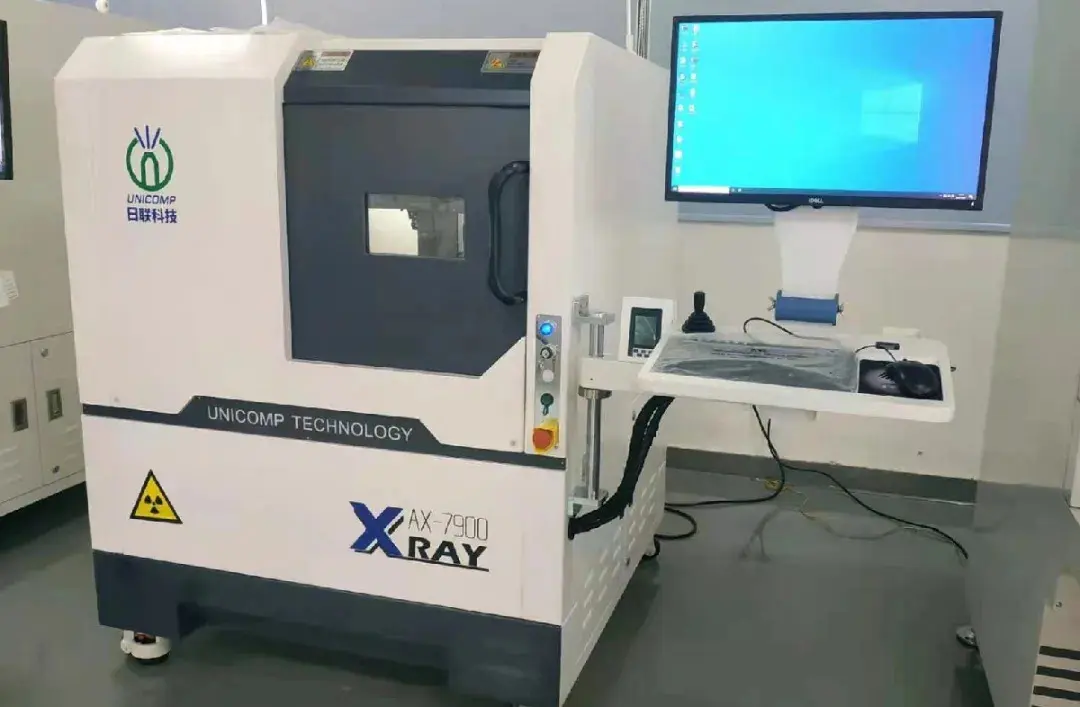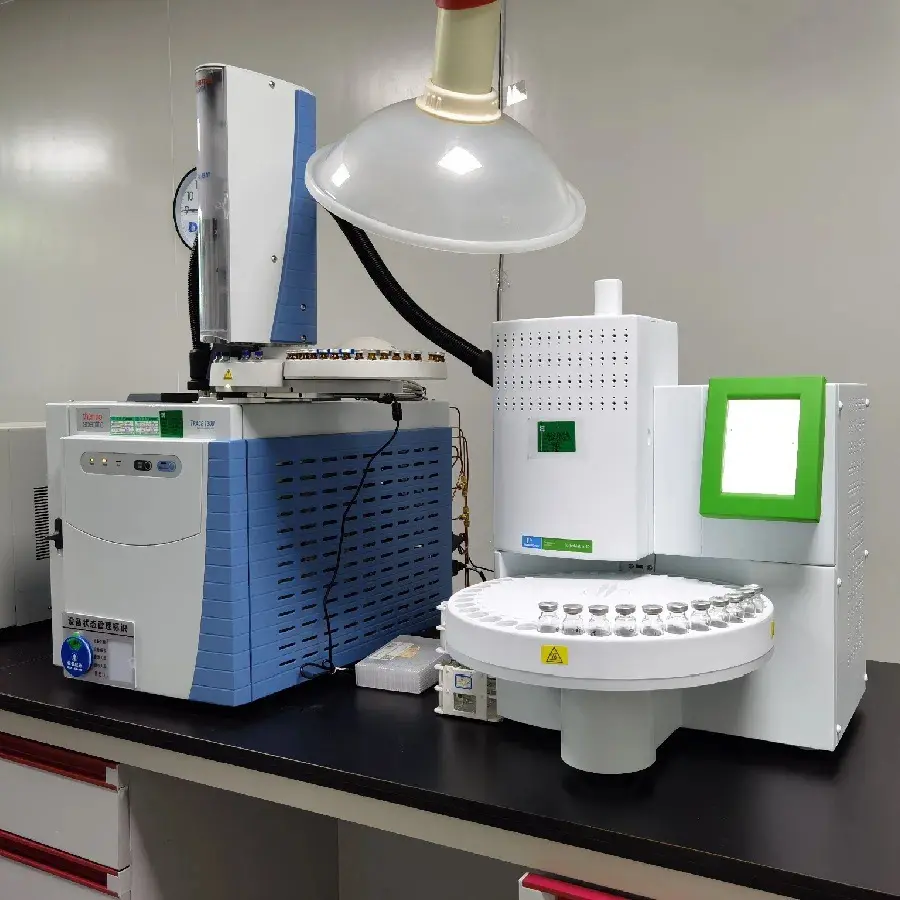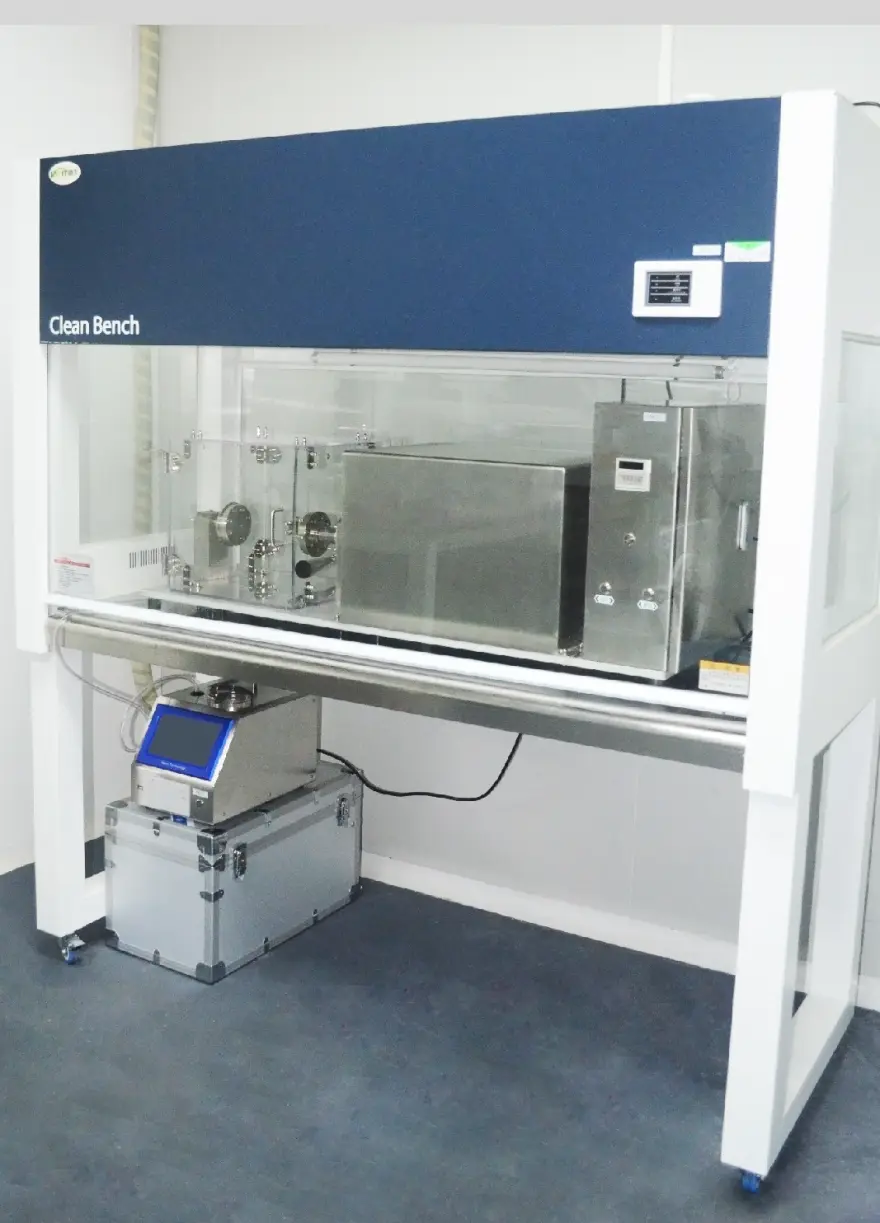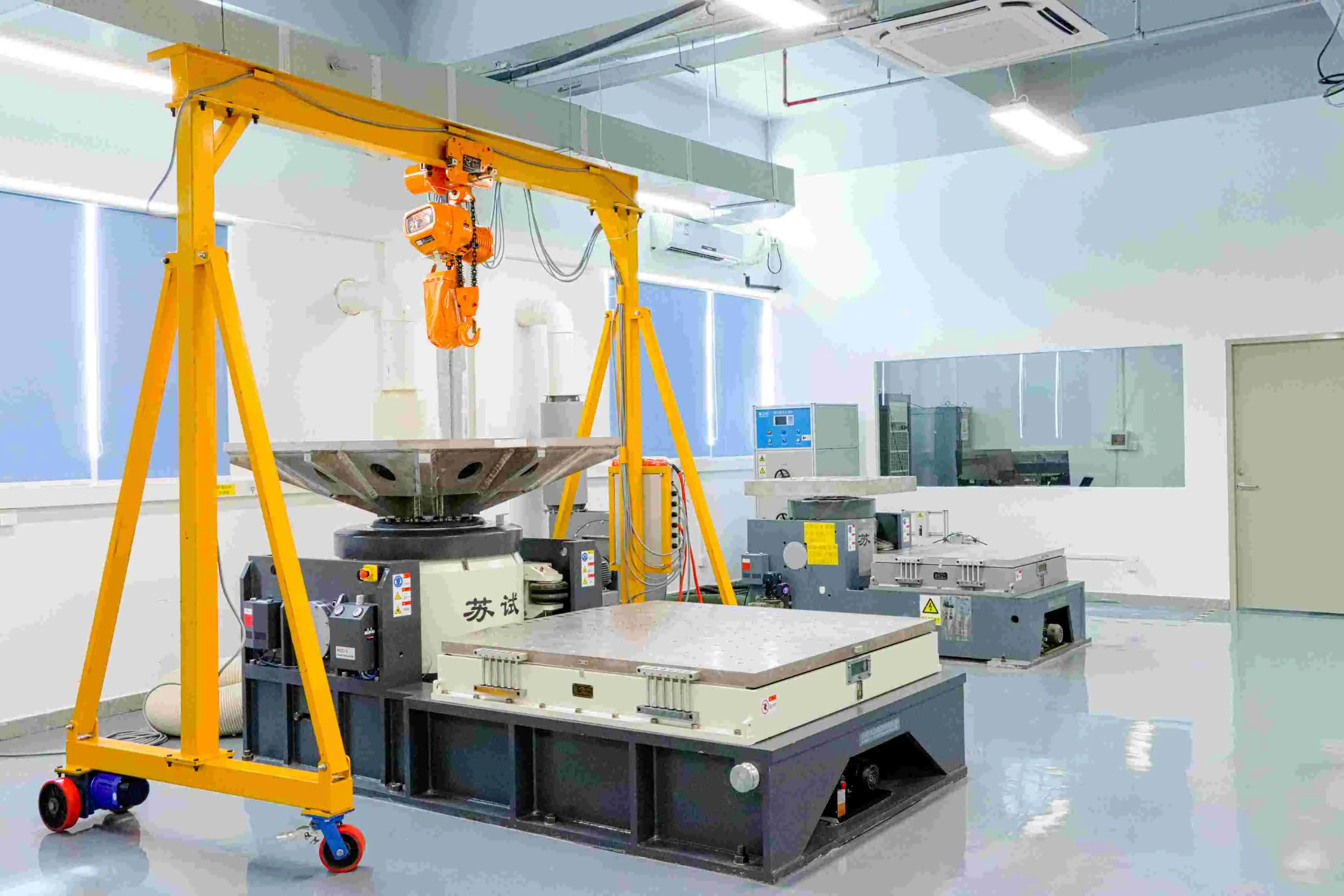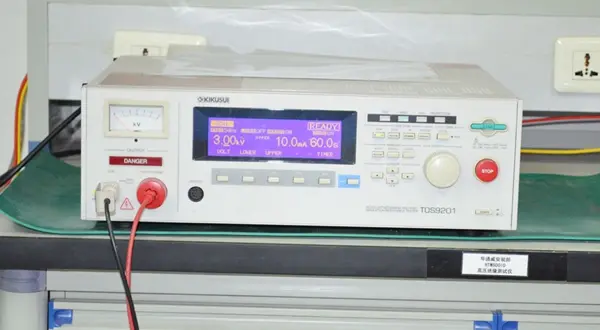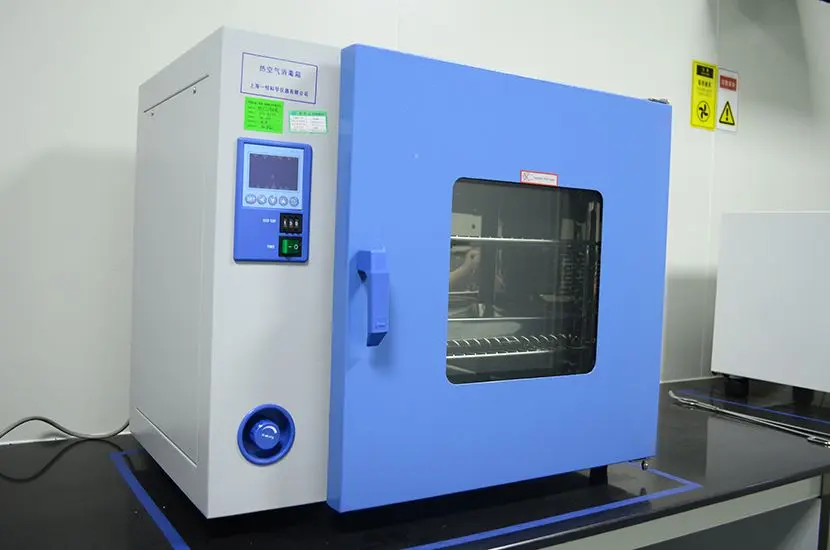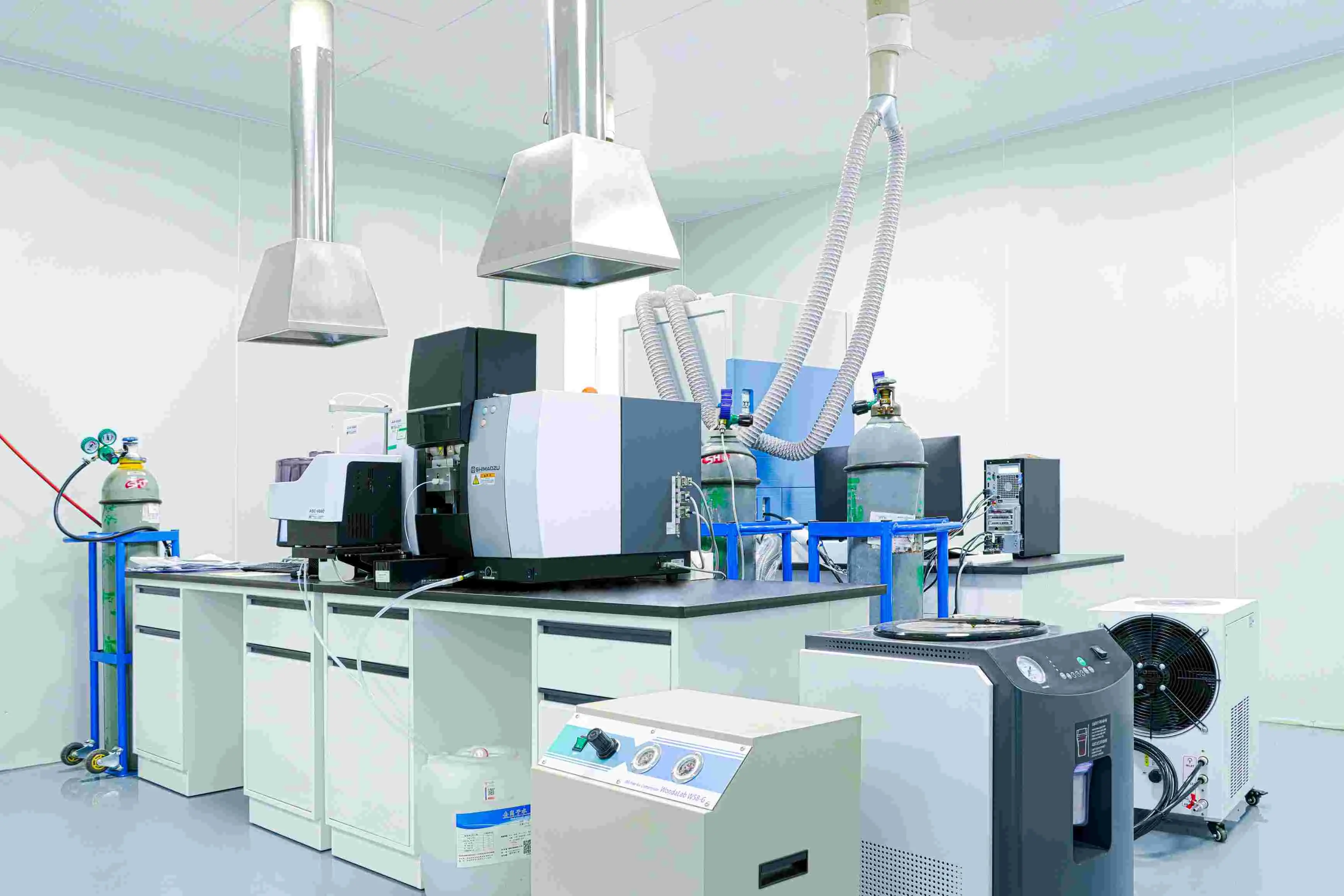CE Certification
What is CE certification?
CE certification represents the CE marking that is placed on the backside of certain products sold in the European Economic Area (EEA) and the European Union (EU). Literally speaking, CE is an abbreviation of a French phrase that means ‘European Conformity’. When a CE marking is placed on the backside of a product, this marking signifies that the product is able to be distributed within the EU and the EEA.
The symbol for European conformity consists of a CE marking. The CE marking is a logo with the letters ‘C’ and ‘E’. Products might also include a four digit id number that represents the process and notified body responsible for the certification.
Email us if you have any questions or would like to consult an expert in our laboratory.
How to Get CE Certification?
Determine which directive(s) are applicable to your product
Fulfill the essential requirements
Establish a monitoring system
Establish an accident reporting system
Declaration of Conformity
Save the documentation for 10 years after a product has been placed on the market
Register with the appropriate governing body within Europe
We will help you to obtain CE certification in a short time and at low cost, which will help get your products to market faster, enabling more excellent sales and revenue potential overall. And we also provide FCC Certification. For technical regulation support, technicians at JJR are able to help you understand technical regulations and product design specifications. Communicate with our experts to determine your needs and we will provide you with a free evaluation, proposal and quotation.
What Does CE Certificate of Compliance Mean?
A CE certificate of compliance allows a product to move and be sold freely throughout the European market. This mark provides proof for the consumer that the product meets the environmental, safety and health requirements set by the EEA. A guarantee of compliance is not a quality assurance. It simply means that the product meets the requirements to be sold in the EU.
It’s important to be aware of the fact that a CE stamp does not imply that a product was made in the EEA. A mark of European conformity means that it has been assessed and passed environmental, safety and health requirements that the EEA has set in order for a product to be sold in the EEA.
What Products Require a CE Certificate of Compliance?
A large number of products require licenses in order to be sold in the European Union. It can be frustrating trying to determine what types of international certifications are required. We can help get your product up to code and in compliance with international law.
Contact us for CE certificate services if you’re a manufacturer or distributer of any of the below products that are intended to be sold in the European Union:
electronic products
telecommunication equipment
IT equipment
household appliances
electromagnetic compatibility products
equipment and protective systems intended for use in potentially explosive atmospheres
personal protective equipment
radio and telecommunications terminal equipment
any product that operates on voltage (AA battery, car battery, 110v or 220V, etc...), including but not limited to household appliances, IT equipment with no telecom, fitness trackers (ie: Fitbit), hand held power tools, etc...
We specialize in helping gain global market access for products with WIFI, Bluetooth, Cellular and Satellite technology. We also manage items that require separate safety approvals, such as household appliances. When you use JJR as your CE marking consultant, we can take care of your safety approval as well. Email us with a request for help with international product approval.
Why Choose Us?
JJR Lab, accredited by CNAS, CMA, CNCA & A2LA, consistently operates competently and generates accurate and valid results in accordance with ISO/IEC 17025. We are also IECEE CB Scheme Test Laboratory (CBTL). Thus, testing reports from JJR Lab can be accepted between countries.
Your Benefits at a Glance:
1.20 Years of experience
JJR has extensive experience in all types of devices and regulatory requirements across markets.
2.Provide free modification service
Together with our wealth of knowledge in complex regulations globally, JJR provides a complete suite of testing solutions according to your needs including free modification service.
3.Save time to global markets
With over 7,000 square meters of labs, JJR offers the best testing cycles and you don't have to wait in line, JJR offers 1-on-1 service.With our in-depth insight of global product quality and regulatory requirements, JJR can optimize your costs and minimize your time to market.
4.Complete qualifications
ISO/IEC 17025 lab, accreditated by CNAS, CMA,A2LA,GLP.
5.Competitve price
Testing costs are lower than other labs.
Email:
hello@jjrlab.com
Whether you’re trying to figure out how to obtain a certification, searching for the right CE testing facility, or interested in getting your product into the European market and you’re not sure how to do it, we can show you how. Communicate with our experts to determine your needs and we will provide you with a free evaluation, proposal and the required fees.
The Main directives of CE
Directive 2014/53/EU on Radio Equipment
Directive 2014/35/EU on Low Voltage
Directive 2014/30/EU on electromagnetic compatibility
RoHS Directive (2011/65/EU)
EMC Directive (2004/108/EC)
Medical Device Directive (93/42/EEC)
Medical Device REGULATION (EU) 2017/745 / CE-MDR
PPE Directive 89/686/EEC
IVDR
erp directive (2009/125/EC)
Machinery Directive (2006/42/EC)
Toy Safety Directive 2009/48/EC
Standard We Test To
Directive 2014/53/EU on Radio Equipment
Directive 2014/35/EU on Low Voltage
Directive 2014/30/EU on electromagnetic compatibility
RoHS Directive (2011/65/EU)
EMC Directive (2004/108/EC)
ErP Directive (2009/125/EC)
Machinery Directive (2006/42/EC)
Medical Device Directive (93/42/EEC)
PPE Directive 89/686/EEC
Toy Safety Directive 2009/48/EC
Product We Test
Personal protective equipment (PPE)
Active implantable medical devices
Medical devices
In vitro diagnostic medical devices
Electrical and electricity products
WIFI, Bluetooth, wireless, Radio, equipment
IT/AV multimedia products
Household appliances
Our CE-marking Conformity Sssessment Services include:
1.Advice on the CE-marking process
2.Conformity assessment
3.Verification of design
4.Type approval
5.System audit and approval
6.File and document assessment
7.Production supervision and sample testing
8.CE audits and electromagnetic compatibility (EMC) testing
9.Training
10.Risk analysis and assessment
11.Technical files
12.User manual and instruction card assessment
13.Issuing your EC declaration of conformity
14.Issuing your certificate of verification
15.Contact us today to find out how our CE-marking services can help you reach the EU market.
Standards
Regulation (EU) 2016/425 Personal protective equipment (PPE)
2014/53/EU Radio equipment
2014/30/EU Electromagnetic compatibility
90/385/EEC Active implantable medical devices
93/42/EEC Medical devices
98/79/EC In vitro diagnostic medical devices
009/48/EC Safety of toys
2010/35/EU Transportable pressure equipment
2014/29/EU Simple pressure vessels
2014/68/EU Pressure equipment
Regulation (EU) 2017/745 on medical devices
Regulation (EU) 2017/746 on in vitro diagnostic medical devices
7 Steps to get CE Certification
Determine which directive(s) are applicable to your product
Fulfill the essential requirements
Establish a monitoring system
Establish an accident reporting system
Declaration of Conformity
Save the documentation for 10 years after a product has been placed on the market
Register with the appropriate governing body within Europe
About Personal Protective Equipment (PPE)
In the EU 2 legal acts are published on PPE.
Remark that on the 31st of March 2016 the new PPE Regulation 2016/425 was published. This regulation becomes applicable on the 21st of April 2018.
The second one is the Directive 89/656 (Use Directive), this legislation lays down the minimum requirements concerning the use of PPE. The responsibilities of employers and employees concerning PPE for occupational use are covered by this Directive.
The Blue Guide on the implementation of EU product rules 2016 was adopted on the 5th of April 2016 and is published in English (other languages will follow)
PPE protects its intended user against one or more hazards.
Exposure to hazards may lead to injury. 3 Categories have been defined, depending on the degree of the risk
category I = less serious injuries
category II = summarizing the remaining degrees of seriousness of injuries. (so no Cat I or III)
category III = very serious injuries leading to irreversible harm to health and/or death)
In function of those categories, the manufacturers or their legal representative in the EU have to follow a strick procedure to put into the European market their PPE
category I = simple design : declaration of conformity by the manufacturer on his own responsibility. So he has to confirm that PPE of simple design complies with the safety requirements of the Directive, the manufacturer is required to complete the EC Declaration of Conformity only.
category II = declaration of conformity by the manufacturer after a notified body has drawn up an EC type-examination certificate for a PPE model
category III = declaration of conformity by the manufacturer after a notified body has drawn up an EC type-examination certificate for a PPE model and after a notified body (either the same one that drew up the EC type-examination certificate or another one) has carried out the quality control of the PPE manufactured.
Marking requirement:
The various components of the CE marking must have the same vertical dimension and may not be smaller than 5 mm. If the CE marking is reduced or enlarged, the proportions given in the above graduated drawing must be adhered to.
About CE-LVD, CE-EMC, CE-Rohs,CE-MDR, CE-IVDR,CE-PPE
1. WHAT IS THE LOW VOLTAGE DIRECTIVE (CE -LVD)?
The European Union’s Low Voltage Directive (LVD) ensures that electrical equipment within certain voltage limits includes protection against electric shock and other hazards. Manufacturers and distributors who wish to sell electrical equipment in the EU and European Economic Area (EEA) must certify that their products comply with relevant regulations. On approval, they can apply a CE Mark to their products, which permits their sale anywhere within the EU and EEA.
2. WHAT IS CE -EMC (2014/30/EU) ?
Electromagnetic compatibility (EMC) testing assesses the level of electromagnetic emissions generated by a device. Testing will determine a device’s potential for interfering with other devices nearby, as well as its potential to be interfered with by their electromagnetic emissions, too. Testing helps brands comply with the EU’s electromagnetic compatibility directive, which requires brands to either self-certify, or use the services of an EU Notified Body (such as JJR lab) who will apply a CE mark to the product once tests are complete.
JJR is authorized to evaluate products for compliance with the requirements of the EU’s EMC Directive (2014/30/EU) and approve the use of the CE mark. We are a leading provider of comprehensive testing and certification services .We offer a range of services to assist manufacturers and distributors to gain access to the EU marketplace, including:
l issue EMC testing report
l supply debugging service
l Interpretations of the requirements of EU directives
l Advice on which EU directives are applicable to your product
l Electromagnetic emissions and immunity testing assessments and reports
l Creation of technical reports and other documentation
l Notified Body opinions and reports
l Advice on Declarations of Conformity and the application of CE marking to your product
3.WHAT IS CE -RoHS (2011/65/EU)?
The amount of waste electrical and electronic equipment (WEEE) generated every year in the EU is increasing rapidly. It is now one of the fastest growing waste streams.
Electrical and electronic equipment (EEE) contains hazardous substances. Since 2003, EU laws have restricted the use of these hazardous substances.
The RoHS Directive currently restricts the use of ten substances:
lead, cadmium, mercury, hexavalent chromium, polybrominated biphenyls (PBB) and polybrominated diphenyl ethers (PBDE), bis(2-ethylhexyl) phthalate (DEHP), butyl benzyl phthalate (BBP), dibutyl phthalate (DBP) and diisobutyl phthalate (DIBP).
IMPORTANT NOTE:
1. It is compulsory only for most of the products covered by the New Approach Directives. Not all products must have CE marking.
2.CE marking does not indicate that a product have been approved as safe by the EU or by another authority. It does not indicate the origin of a product either.
3.Real tests and data are very important. The EU market has strict penalties for false and deliberate deception.
the European Union CE and the US FCC wireless certification are accepted by many countries in Southeast Asia, the Middle East, Africa and South America. They are important documents for local compliance, which can save unnecessary test cost and turnaround time.
Service Procedure
1. Provide us with product pictures, product brochures/manuals
2. Determine your needs(test report purpose/ test itmes/ standards)
3. Receive the testing/compliance service proposal and quotation
4. Sign contract and make payment
5.Send samples (please contact us for address info.)
6.Informed project opening and test TAT(turn around time) via email
7.Testing
8.Draft report for your confirmation
9. Formal reports endorsed by ILAC - CNAS (electronic version)
10.Sample Discard or Return
CE Mark Requirements:
If you want to trade in the EU, CE-marking is a mandatory conformity mark required for a wide variety of products. CE-marking indicates that your products comply with stringent EU product safety directives. However, achieving compliance can be a complex process. As a notified body for nearly all EU product safety directives, our CE-marking conformity assessment services provide you with the expertise you need to achieve compliance.
European Economic Area (EEA) is second largest market in the world. CE marking signify that products sold in the EEA have been assessed to meet high safety, health, and environmental protection requirements. CE marking is a part of the EU’s harmonisation legislation, which is mainly managed by Directorate-General for Internal market, Industry, Entrepreneurship and SMEs.
Standard We Test To: Directive 2014/53/EU on Radio Equipment Directive 2014/35/EU on Low Voltage Directive 2014/30/EU on electromagnetic compatibility RoHS Directive (2011/65/EU) EMC Directive (2004/108/EC) ErP Directive (2009/125/EC) Medical Device Directive (93/42/EEC) Contact us for more information | Product We Test: Personal protective equipment (PPE) Active implantable medical devices In vitro diagnostic medical devices Electrical and electricity products WIFI, Bluetooth, wireless, Radio equipment IT/AV multimedia products Household appliances |





